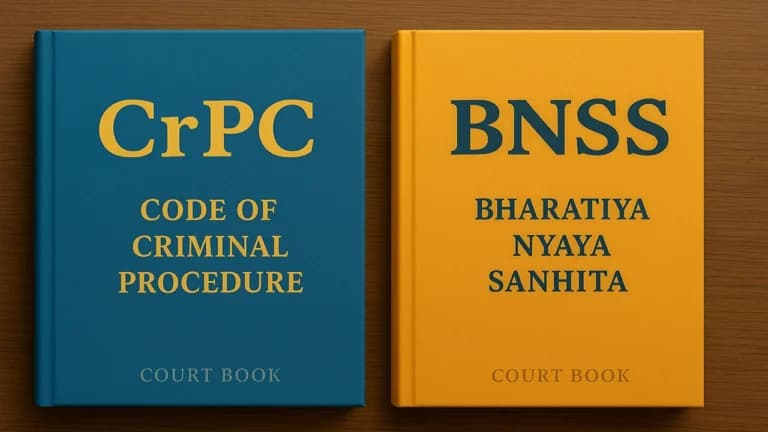In a significant clarification on procedural confusion affecting trial courts across Delhi, the Delhi High Court has held that after a case is committed to the Sessions Court, any supplementary chargesheet must still be filed before the concerned Magistrate, but the power to order further investigation thereafter rests solely with the Court of Session.
The ruling came in a criminal reference titled Court on Its Own Motion vs State (CRL. REF. 2/2022), decided on October 29, 2025, by a Division Bench comprising Justice Prathiba M. Singh and Justice Rajneesh Kumar Gupta.
Background
The reference originated from the Patiala House Courts, where a Metropolitan Magistrate found himself in a quandary. In an ongoing case against one Dev Raj Nagar, the investigating officer filed a supplementary chargesheet before the Magistrate even after the case had been committed to the Sessions Court under Section 209 of the CrPC. Unsure whether he had jurisdiction to entertain the supplementary report or direct any further investigation, the Magistrate sought guidance from the High Court under Section 395(2) CrPC.
Two crucial questions were raised:
- After committal, before whom should the supplementary chargesheet be filed - the Ilaqa Magistrate or the Sessions Court?
- After committal, who has the power to order further investigation - the Magistrate or the Sessions Court?
Court's Observations
Justice Gupta, who authored the judgment, first acknowledged the "divergent practices prevailing in Delhi’s trial courts," with some Sessions Courts accepting supplementary chargesheets directly while others insisted they be routed through Magistrates.
The bench examined the scheme of Sections 173, 190, and 193 of the CrPC, alongside several judgments, including Dharam Pal vs State of Haryana (2014) and Kallu Nat @ Mayank Kumar Nagar vs State of U.P. (2025). It reiterated that "the Magistrate continues to be the authority under Section 173(8) for receiving further reports," because cognizance of offences must first lie with the Magistrate, even in cases ultimately triable by the Sessions Court.
"The expression ‘Magistrate’ in Section 173(8) CrPC refers to the same Magistrate as under Section 173(2)," the bench observed, clarifying that a supplementary chargesheet is to be treated as a police report within the meaning of Section 173(2) and hence must be filed before the same Magistrate who handled the initial report.
However, the Court drew a firm distinction regarding the power to order further investigation. Once a case is committed, it held, the Sessions Court
"assumes original jurisdiction and all powers necessary to ensure a fair trial." Justice Gupta emphasized, "After committal, the Magistrate becomes functus officio in relation to supervisory powers over the investigation. The Sessions Court alone can thereafter order further investigation."
Integration of New Law (BNSS 2023)
The judgment gains added importance because it aligns with the newly enacted Bharatiya Nagarik Suraksha Sanhita (BNSS), 2023, which replaced the CrPC from July 1, 2024. The bench specifically referred to Section 193(9) BNSS, which corresponds to Section 173(8) CrPC but adds a crucial proviso:
"further investigation during trial may be conducted with the permission of the court trying the case."
The Court noted that this new provision eliminates ambiguity by explicitly vesting post-committal investigative authority in the trial court, which, for committed cases, is the Sessions Court.
"The proviso leaves no doubt that the Court of Session, being the court trying the case, is the repository of power to permit further investigation during trial," the bench held.
Decision
Answering both questions definitively, the Delhi High Court ruled:
- Supplementary chargesheet: It must be filed before the Magistrate, who will complete procedural formalities like supply of documents, take cognizance if required, and then re-commit the case to the Sessions Court.
- Further investigation: Once the case is committed, the Sessions Court - being the trial court - has exclusive jurisdiction to permit or direct further investigation.
Concluding the matter, Justice Gupta ordered that copies of the judgment be circulated to all Principal District and Sessions Judges in Delhi "for information and necessary compliance," aiming to ensure uniformity in procedure across all criminal courts.
The order effectively bridges the procedural gap between the old CrPC and the new BNSS framework, providing much-needed clarity to magistrates, prosecutors, and police officers navigating post-committal procedures.
Case Title: Court on Its Own Motion vs. State
Case Number: CRL. REF. 2/2022














